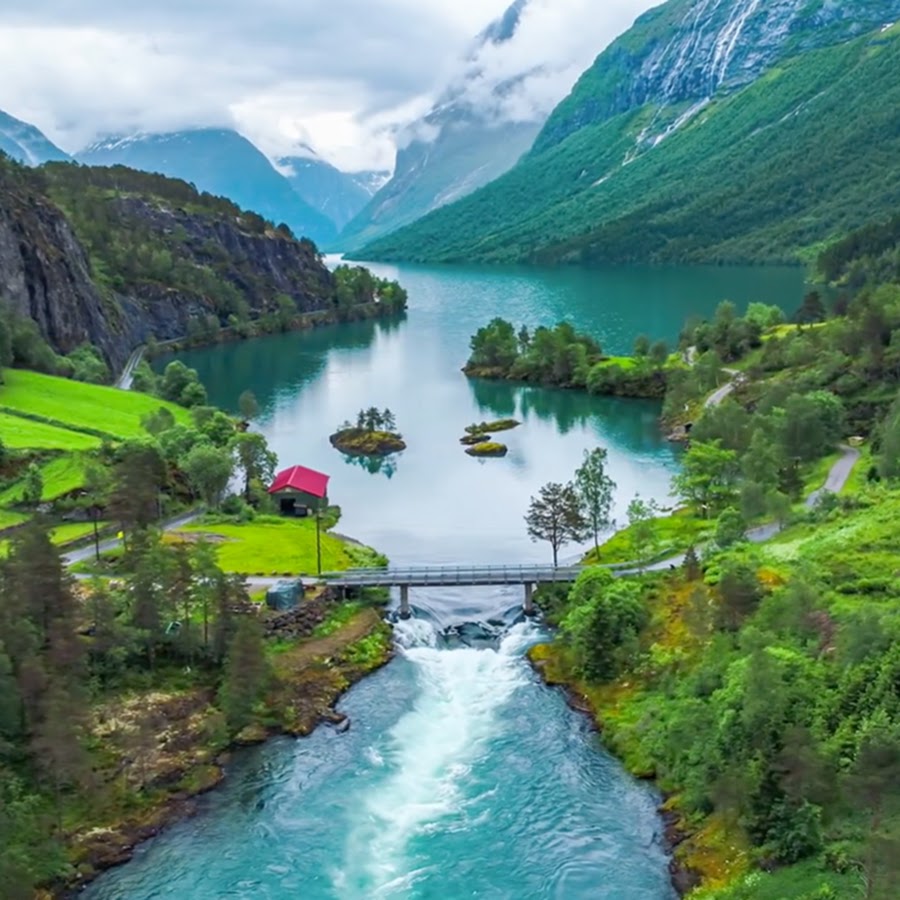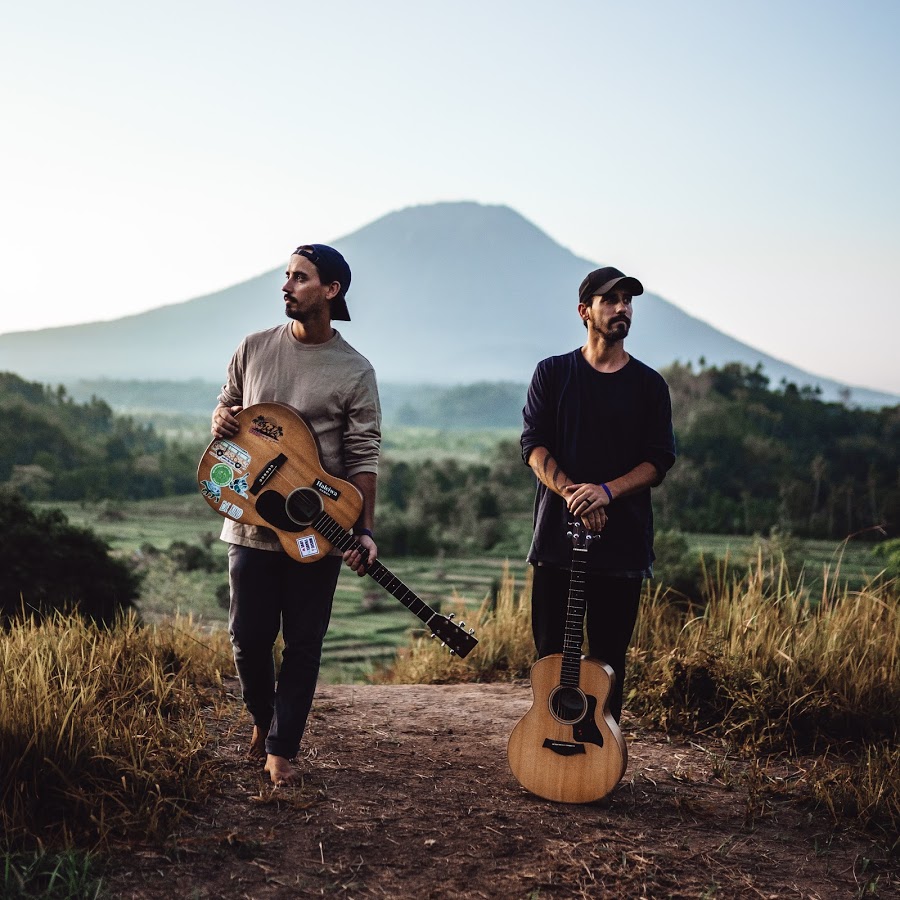Video Player is loading.
580
views •
October 4, 2020
ROSSINI William Tell overture | Nicolas BALDEYROU and friends !

Nicolas BALDEYROU
0 Followed
Dear friends, I hope you’re well and all spent a very nice summer despite of the strange conditions ! It has been a long I didn’t post anything but I wanted to record a longer piece as usual, and I have to say that took quite a lot of time 😅😊 Then I decided to arrange the whole Rossini Guillaume Tell overture in my personal wind band version ❤️✨
This real symphonic poem ahead of its time starts with an incredible cello quintet describing a sunrise over the Swiss Alps, supported by basses and some timpani rolls announcing the storm coming. And I felt that this introduction would particularly fit for a bass clarinet ensemble and a contrabass.
The second movement of William Tell’s overture, the storm, is a highly dramatic moment depicting the episode in the 4th act when William is weathering a storm on a ship on his way to jail, taking the rudder and running aground on the beach.
The third movement is the famous « Ranz des vaches » that Rossini chose to be played by the English horn and the flute.
A Ranz des Vaches or Kuhreihen is a simple melody traditionally played on the horn by the Swiss Alpine herdsmen as they drove their cattle to or from the pasture. The Kuhreihen was linked to the Swiss nostalgia and Homesickness (also known as mal du Suisse "Swiss illness" or Schweizerheimweh "Swiss homesickness").
In my personal version, we’ll have lovely sheeps instead of cows, hope you won’t mind 🙏😊
Suddenly, the peaceful pastoral scene is interrupted by a fast-paced, high-intensity galop, which was a popular style of ballroom dance at the time. Titled “The March of the Swiss Soldiers”, it points toward the majestic final scenes of the opera, where the Swiss Armed Forces free their homeland from Austrian rule.
I would like to thank again and again all my friends who joined me for this video :
Anne-Sophie Neves piccolo
Magali Mosnier flute
Hélène Devilleneuve Oboe
Julien Hardy French bassoon
David Guerrier Trumpet
Antoine Ganaye Trombone
Stay safe, have a very nice Sunday and see you in two weeks for a brand new video ! ❤️
Show All 
Comment 0











